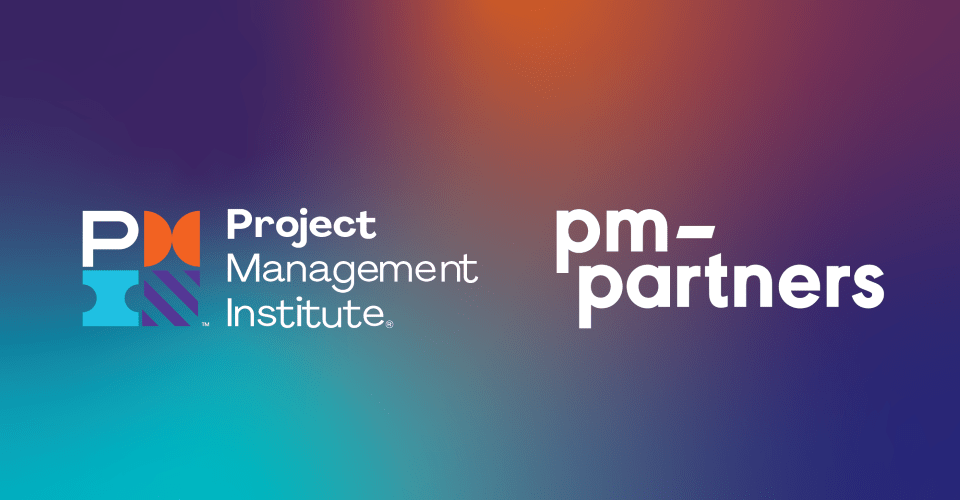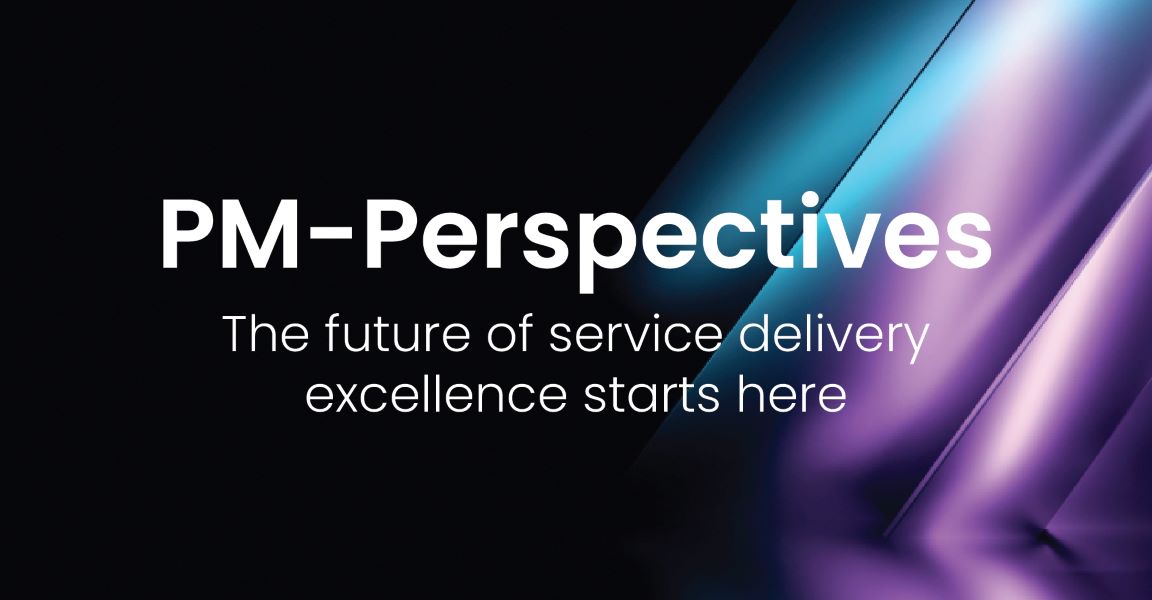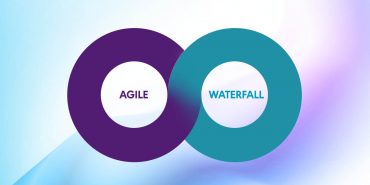Career insights: Is an Agile coaching career right for you?

With the considerable uptake of Agile and the need to build capability across organisations and teams, pursuing an Agile coaching career could be a smart move for the right practitioner. Here we consider the skills and attributes of the role and where a career as an Agile coach could take you.
According to the Australian Institute of Project Management (AIPM), around seven in 10 delivery professionals and more than two-thirds of organisations have adopted and implemented agile methodologies (Agile or its hybrids) into their processes. There is, however, a disconnect between individual success – where 52 per cent noted Agile improved their delivery capability – and organisational results, where only 37 per cent indicate the same.
This disconnect suggests that Agile has not been adequately embedded across teams, departments and the core functions of an organisation. To improve Agile project outcomes, the AIPM says, organisations will need to ‘upskill and develop project staff’ and provide ‘training opportunities to leaders, change agents and other stakeholders’.
The role of an Agile coach is therefore a crucial one, both to drive adoption and understanding more broadly and to ensure the organisation sees a return on its investments. So, if you’re an advocate for the methodology and interested in helping others succeed using Agile, then stepping into an Agile coaching career could be the pathway for you.
What is an Agile coach?
An Agile coach builds capability by supporting others to learn Agile values, embed an Agile mindset and encourage and guide the application of its methodology. This could be at an individual or team level, or more broadly; helping the organisation support agile ways of working and respond to change and uncertainty.
Agile coaches may work within the business to provide continuous support, or they may be a contractor brought in temporarily to uplift and develop a specific team, finishing up when they can confidently operate as an Agile unit on their own. Either way, a good coach improves Agile delivery outcomes through better implementation of Agile principles and practices and better cohesion across functions and teams.
To this end, Agile coaches are foremost experienced Agile practitioners with deep, practical knowledge of Agile values, principles and tools. This gives them credibility and insight when coaching others. Perhaps you’re a seasoned Scrum Master, an Agile business analyst, or Agile project manager looking to step away from hands-on delivery and into a position where you can help others achieve better outcomes, in which case an Agile coaching career beckons.
Key attributes of an Agile coach
While requirements vary depending on the team and the organisation, the role of an Agile coach is multifaceted and typically you’ll be wearing a number of ‘hats’. As well coaching, you’ll need to develop expertise as a trainer, mentor and facilitator.
To excel in an Agile coaching career, you should have/or look to develop skills in:
- Teaching and mentoring – imparting knowledge and skills is critical to enabling others and helping them progress to the next level.
- Communication and conflict resolution – especially embedding the value of the stand-ups and how effective communication drives teamwork and results.
- Consultation and facilitation – if you excel at stakeholder management, you’ll have the skills to vouch for Agile at all levels and secure buy-in.
- Performance analytics and constructive feedback – as Agile relies on iterative improvements, the ability to identify issues and solutions and provide feedback is key to its success.
- Empathy and high emotional intelligence – especially if you can work well with a diverse range of people who have differing skill levels.
You don’t need to be an expert in the sector you’re working in, but you will need an understanding of how the organisation operates and the roles you’ll be working with. It’s also beneficial for the coach to grasp the reasons the business is implementing Agile so you can support and encourage team members in their journey towards an organisational outcome.
Day-to-day responsibilities of an Agile coach
The primary responsibility of an Agile coach is to guide and optimise the implementation of Agile in a manner that befits an organisation’s culture and initiatives, while ensuring team members are supported in their training and practice.
In a typical Agile coaching career, day-to-day activities may include:
- Modelling the use of Agile tools, techniques, practices or frameworks e.g. daily stand-ups, iterations, and retrospectives
- Ensuring the team experiences psychological safety as they practice Agile
- Mentoring key individuals on a one-on-one basis
- Supporting professional development for Agile practitioners
- Providing a benchmark for good Agile practice
- Facilitating a workshop, ensuring all contributors have an equal voice and the goal of the session is being met
- Guiding continuous improvement
- Managing stakeholder expectations on Agile implementation, delivery and success.
Across all these activities, Agile coaches are working to help and enable others in their role rather than telling them what to do. “As coaches we don’t enforce our way upon people; it’s about helping them help themselves so they can achieve their goals and deliver the value that their businesses are entrusting them with,” says long-time Agile coach and consultant and PM-Partners training facilitator, Kathy Berkidge.
If you’re keen to nurture others, an Agile coaching career provides plenty of opportunities for job satisfaction. “Whether you’re working with individuals or teams, knowing that you’ve helped them grow and improve, work more productively and feel more confident – it gives you a real sense of purpose and achievement, which is very motivating,” says Berkidge.
The future of Agile coaching
In the early days of Agile, the organisations adopting the methodology were largely IT and technology businesses; today, a wide range of sectors are implementing Agile. As a result, Agile coaches are increasingly sought after, even in those sectors that typically use more traditional methods like waterfall. “We’re seeing coaches in demand in banks, in telecommunications and utilities, and even in the education sector,” says Berkidge
Agile coaches are most commonly seen working in delivery teams, particularly those delivering IT related initiatives. However, as Agile is embedded more broadly, coaches are increasingly required in other areas of the business, meaning an Agile coaching career is an increasingly varied one. “They’re helping the rest of the organisation, like the PMO or even marketing and HR, implement Agile,” says Berkidge. What’s more, in this era of ‘the great resignation’, combined with a tight labour market and skills shortages, Agile coaches are needed to bring productivity and cohesion back to teams after a key role has moved on to new pastures.
“These are exciting times for the profession. Recognition is growing and it’s not just in IT or in one particular area,” says Berkidge. “As well as working in a variety of sectors, you could be helping a team to improve communication, coaching the governance people on how to better implement their governance structures around Agile, or working at PMO or strategy level to encourage the organisation to really think about business agility.”
Recognised training and development
As more industries look to embed the Agile methodology, the role of an Agile coach is evolving. In addition to having a wealth of experience as a practitioner, coaches are increasingly expected to have formal qualifications. Examples of relevant, widely recognised accreditations include PMI’s Agile Certified Practitioner or Scrum Master certification.
It also follows that formal training and practical coursework has become desirable for those looking to transition from practitioner to coach. As well as building knowledge, these include opportunities to work through scenarios and apply and develop specific skills; for example, around healthy conflict resolution, leading meaningful coaching conversations and developing effective approaches to teaching core agile concepts.
Experience and credentials will obviously impact renumeration, but overall, the salary guide for Agile coaches reflects the pivotal position you’d hold. Taking into account data from job site Indeed and salary research agency Payscale, as well as recruitment agency Clicks, the average salary for an Agile coach in Australia is around $150K, or approximately $1K per day – this rate increases for senior-level coaches.
You’ll also have access to a burgeoning support network – over the past decade the Agile coaching community has experienced substantial growth, with global networks forming to help each other embed, troubleshoot and celebrate Agile. Events such as the monthly Agile Coaching Network webcast and resources including podcasts like Agile Coaches’ Corner and Scrum Master Toolbox, plus publications like Emergence, the journal of business agility, offer insight to those looking to learn from others’ experiences.
Agile coaching is a key role that can help to address shortfalls in Agile capabilities and ensure effective outcomes at a team and organisational level. You’ll have access to a variety of sectors as well as opportunities to enable others to step up to a wide range of challenges, either working in a permanent role, or – if you prefer – on a more flexible basis as a contractor.
Importantly, this is an area set to grow as more organisations and a greater variety of industries choose Agile to help navigate a dynamic business environment. In short, it’s a rewarding career path with a healthy future for Agile practitioners looking to take the next step.
If you already have Agile experience, you could be ready to learn more about coaching Agile teams. Contact PM-Partners or call us on 1300 70 13 14 for more information on the skills and qualifications you need to pursue this exciting career pathway.








